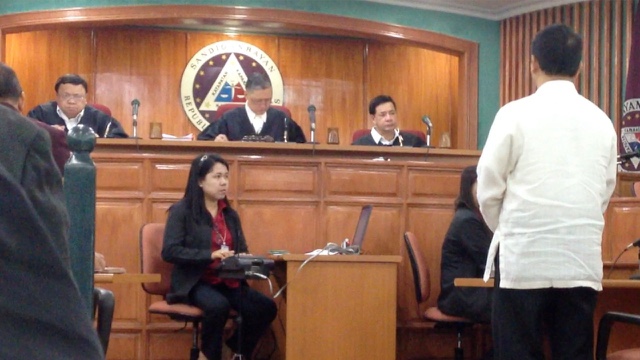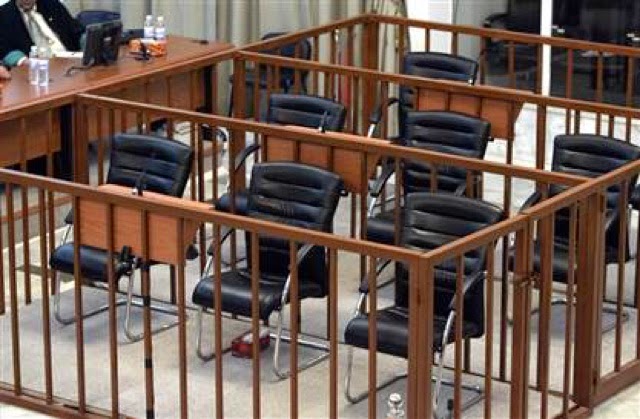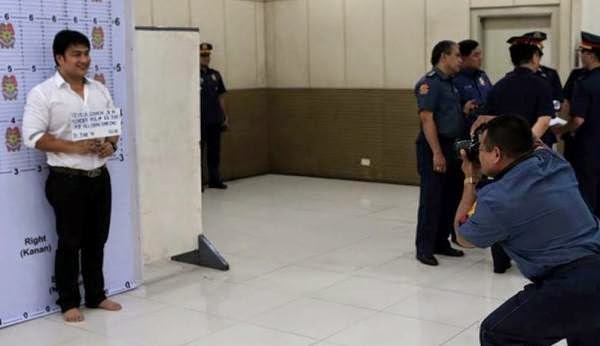What Will Happen If the Accused was Imprisoned for More than the Possible Imprisonment Prescribed for the Offense Charged?
Image taken from www.illustrationsof.com I was appointed as counsel de oficio to represent an accused who was imprisoned since March 2014. Counsel de oficio is the attorney appointed by the court to an indigent criminal defendant ( http://definitions.uslegal.com/c/counsel-de-officio/ ). His case is still on its arraignment stage. Arraignment is when the information or the complaint is read in the language or dialect known to the accused and then he would be asked whether he pleads guilty or not guilty. Image taken from www.dreamstime.com When I browsed the record of the case, the penalty that would be imposed is only prision mayor or imprisonment of 30 days and 1 day to 6 months. So, the accused has already served the maximum penalty should he may be found guilty to the crime charged. In fact, his imprisonment is already beyond what is required by law. As stated section 16 of Rule 114 of Revised Rules of Criminal Procedure,...




